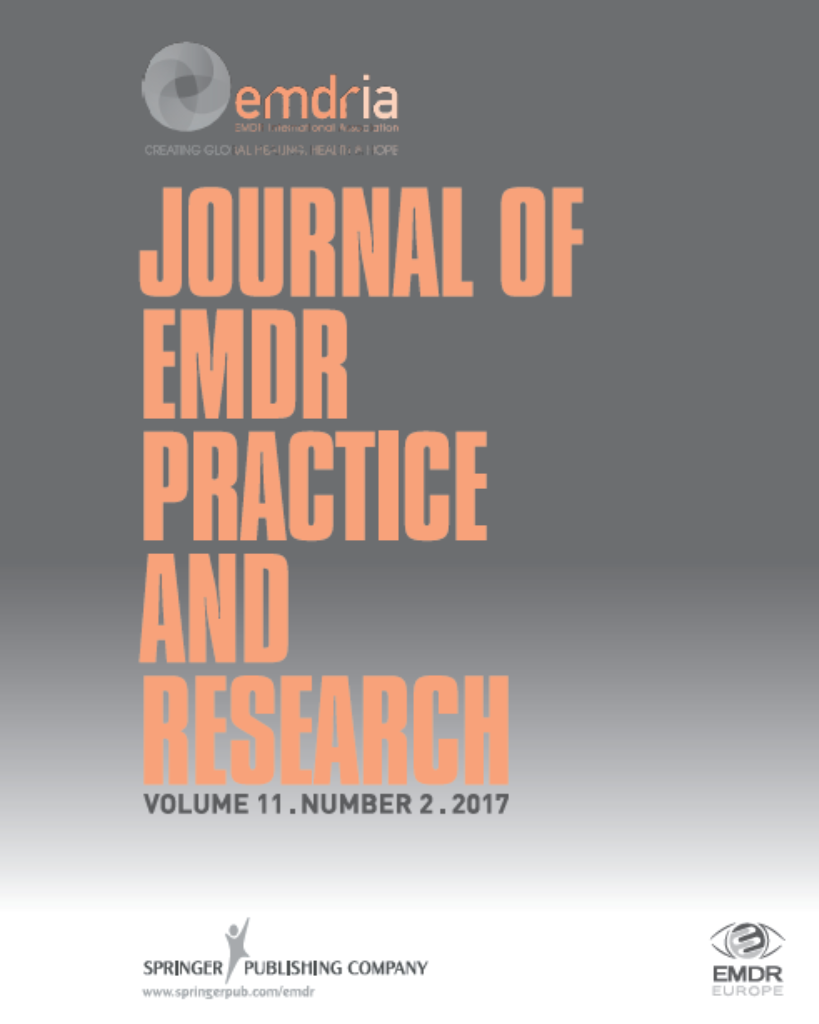The Positive Affect Tolerance and Integration Protocol: A Novel Application of EMDR Therapy Procedures to Help Survivors of Early Emotional Neglect Learn to Tolerate and Assimilate Moments of Appreciation, Praise, and Affection
Andrew Leeds, Ph.D. describes the Positive Affect Tolerance protocol to help survivors of early emotional neglect learn to tolerate appreciation, praise, and affection.
“Survivors of early neglect and other adverse childhood experiences often struggle with general and social anxiety, depressive states, and negative self-concept. Trauma-informed treatment strategies for survivors, such as EMDR therapy, exposure therapy, and cognitive processing therapy, tend to focus on resolving memories of adverse and traumatic experiences.
Coping skills development models, such as Dialectical Behavior Therapy and Skills Training in Affective and Interpersonal Regulation (STAIR), emphasize training in mindfulness, assertiveness, or self-soothing skills for patients with persistent negative affect states. In the era of trauma-informed psychotherapy, an often-overlooked clinical issue is the impaired ability of survivors of early neglect to tolerate and integrate moments of shared positive interpersonal experience into positive emotional states and positive self-concepts. Survivors of neglect tend to make use of overt or covert avoidance strategies and minimization responses to avoid the discomfort, anxiety, or confusion they experience in what others find to be pleasurable and enriching social interactions.
The Positive Affect Tolerance and Integration (PAT) protocol focuses on helping survivors of early emotional neglect to learn to tolerate and assimilate moments of appreciation, praise, and affection. This paper offers principles and a specific series of interventions that incorporate standard EMDR therapy procedures with minor adaptations. In addition to a summary of the PAT protocol, three case examples are described to illustrate selection criteria and potential clinical responses.”
—Description from publisher
Article Access
Open Access
Leeds, A. M. (2022). The Positive Affect Tolerance and Integration Protocol: A Novel Application of EMDR Therapy Procedures to Help Survivors of Early Emotional Neglect Learn to Tolerate and Assimilate Moments of Appreciation, Praise, and Affection. Journal of EMDR Practice and Research, 16(4), 202–214. https://doi.org/10.1891/EMDR-2022-0015
About the Journal
The Journal of EMDR Practice and Research is a peer-reviewed publication devoted to integrative, state-of-the-art papers about Eye Movement Desensitization and Reprocessing. It is a broadly conceived interdisciplinary journal that stimulates and communicates research and theory about EMDR, and their application to clinical practice. The Journal of EMDR Practice and Research is the Official Publication of the EMDR International Association.
Date
December 1, 2022
Creator(s)
Andrew M. Leeds
Topics
Abuse/Neglect
Extent
13 pages
Publisher
Springer Publishing Company
Rights
Copyright © 2022 EMDR International Association
APA Citation
Leeds, A. M. (2022). The Positive Affect Tolerance and Integration Protocol: A Novel Application of EMDR Therapy Procedures to Help Survivors of Early Emotional Neglect Learn to Tolerate and Assimilate Moments of Appreciation, Praise, and Affection. Journal of EMDR Practice and Research, 16(4), 202–214. https://doi.org/10.1891/EMDR-2022-0015
Series
16
Installment
4
Audience
EMDR Therapists
Language
English
Content Type
Peer-Reviewed
Original Source
Journal of EMDR Practice and Research
Access Type
Open Access




